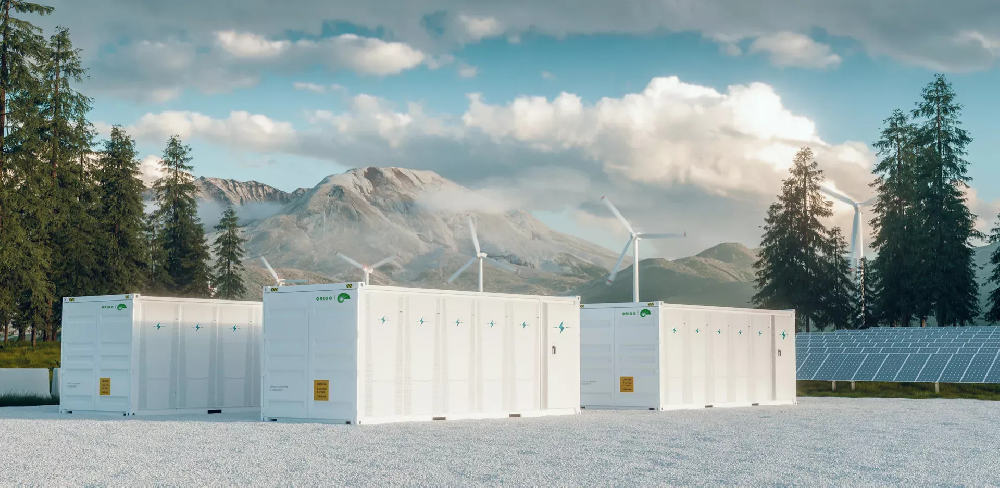Lithium-Ion Battery Care Guide
In recent years, Turkey has emerged as a promising market for photovoltaic (PV) energy and energy storage solutions, driven by its strategic geographical location, increasing energy demand, and commitment to renewable energy targets. The integration of PV with energy storage technologies presents a significant opportunity for the country's energy sector.
1. Growing Demand and Policy Support
Turkey's energy demand has been steadily increasing, fueled by economic growth and urbanization. To meet this demand sustainably, the Turkish government has implemented supportive policies and incentives for renewable energy projects, including solar PV installations. These initiatives aim to diversify the energy mix, reduce dependency on fossil fuels, and enhance energy security.
2. Favorable Solar Conditions
Turkey enjoys abundant sunlight throughout the year, particularly in its southern regions, making it highly suitable for solar energy generation. The country's solar irradiance levels are among the highest in Europe, offering optimal conditions for efficient PV system operation. This natural advantage positions Turkey as a prime location for large-scale solar PV installations.
3. Technological Advancements in Energy Storage
Advancements in energy storage technologies, such as lithium-ion batteries and pumped hydro storage, have unlocked new possibilities for storing and utilizing solar energy effectively. Integrating energy storage with PV systems enables smoother electricity generation and distribution, enhancing grid stability and reliability.
4. Economic Viability and Investment Opportunities
The decreasing costs of PV modules and energy storage systems have improved the economic viability of solar projects in Turkey. Investors and developers are increasingly attracted to the market due to favorable regulatory frameworks, competitive project financing options, and potential returns on investments in renewable energy infrastructure.
5. Environmental Benefits and Sustainability Goals
Deploying PV energy storage solutions contributes significantly to Turkey's environmental objectives by reducing greenhouse gas emissions and mitigating the impacts of climate change. As global awareness of environmental sustainability grows, businesses and consumers alike are prioritizing renewable energy sources that offer both economic and environmental benefits.
6. Challenges and Considerations
Despite its potential, the PV energy storage market in Turkey faces challenges such as grid integration issues, regulatory uncertainties, and the need for skilled workforce development. Addressing these challenges through collaborative efforts between government, industry stakeholders, and technology providers will be crucial for accelerating market growth and ensuring long-term sustainability.
Conclusion
The prospects for the photovoltaic energy storage market in Turkey are promising, driven by favorable solar conditions, supportive policies, technological advancements, and growing investment interest. As Turkey continues to expand its renewable energy capacity, the integration of PV with energy storage systems will play a pivotal role in shaping the future of its energy landscape, contributing to sustainable development goals and enhancing energy security.







